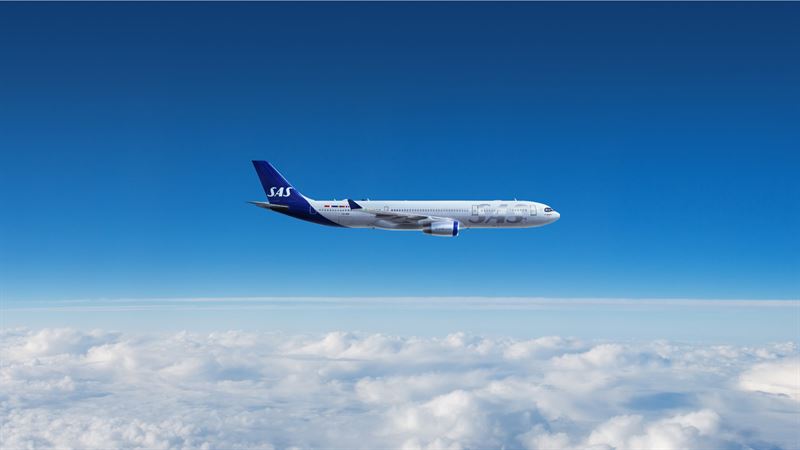
Airbus, SAS, Swedavia, Vattenfall, and Avinor Collaborate on Feasibility Study for Hydrogen-Powered Aircraft in Norway and Sweden
(IN SHORT) Airbus, SAS, Swedavia, Vattenfall, and Avinor have signed a Memorandum of Understanding (MoU) to jointly explore the feasibility of infrastructure for hydrogen-fueled aircraft at airports across Norway and Sweden. The partnership aims to establish a framework for the introduction of hydrogen-powered flights in both countries, encompassing aircraft concepts, regulatory requirements, infrastructure development, fuel storage, and refueling solutions at over 50 airports. Hydrogen is seen as a key future fuel source for aviation, offering the potential for zero carbon emissions when produced from renewable energy, and this collaboration signifies a shared commitment to achieving net-zero carbon emissions in aviation by 2050.
(PRESS RELEASE) Stockholm, Sweden, 2024-Feb-1 — /Travel PR News/ — Airbus, SAS, Swedavia, Vattenfall and Avinor have signed a Memorandum of Understanding (MoU) to jointly investigate the feasibility of infrastructure for hydrogen-fueled aircraft at airports in Norway and Sweden. The goal of this collaboration is to develop a framework for the rollout of hydrogen-powered flights in both countries.
Hydrogen is expected to become a significant fuel source for aviation in the future. The cooperation will provide an understanding of hydrogen aircraft concepts and operations, regulatory needs, infrastructure, supply, fuel storage and refueling at airports.
The partnership is based on the combined expertise of all five companies, enabling a joint effort towards more sustainable aviation. This in turn will support the development of hydrogen aviation ecosystems in both Norway and Sweden. SAS’ contribution to the project involves both expertise and understanding of the Scandinavian market, as well as specialized knowledge in aircraft operations and aircraft handling. SAS aims to be a driving force in implementation and advancement of sustainable aviation practices towards a more environmentally responsible future for the aviation industry.
It’s the first time a feasibility study of this kind covers two countries and over 50 airports. It reflects the partners’ shared ambition to use their respective expertise to enable decarbonization of aviation and to achieve the goal of net zero carbon emissions by 2050.
“As the world takes positive steps towards a more sustainable future, SAS’ commitment is to ensure that today’s traveler as well as coming generations can enjoy the benefits of seamless global connectivity. By partnering with some of the strongest and most innovative players in the industry, we are assuming our responsibility to drive the transition towards achieving net-zero emissions. A journey that matters not just for SAS, but for the entire aviation industry,” says SAS’ President & CEO Anko van der Werff.
Hydrogen plays an important role in the shift towards low and zero-emission aviation. Hydrogen enables zero carbon dioxide emissions when produced from renewable electricity. Furthermore, hydrogen-powered aircraft have the potential to replace fossil-fuel aviation also on longer routes.
To find out more about hydrogen and decarbonisation, visit airbus.com
Read more about SAS’ numerous sustainability initiatives here: Environmental Responsibility – SAS (sasgroup.net)
Sustainable Travel – Initiatives That Leads to More Sustainable Aviation | SAS (flysas.com)
Media Contact:
SAS Press office
+46 8 797 29 44
Source: SAS
###
